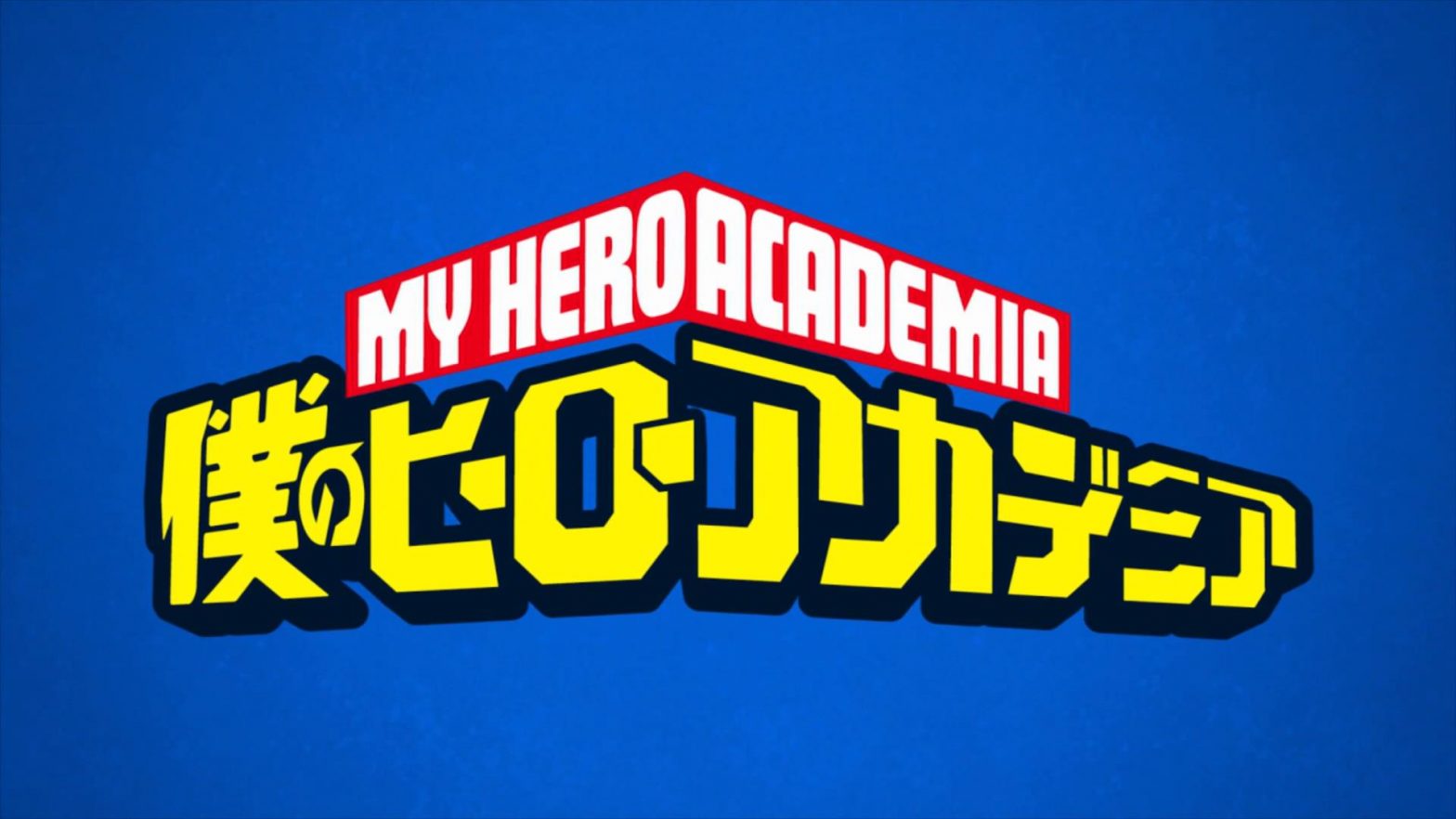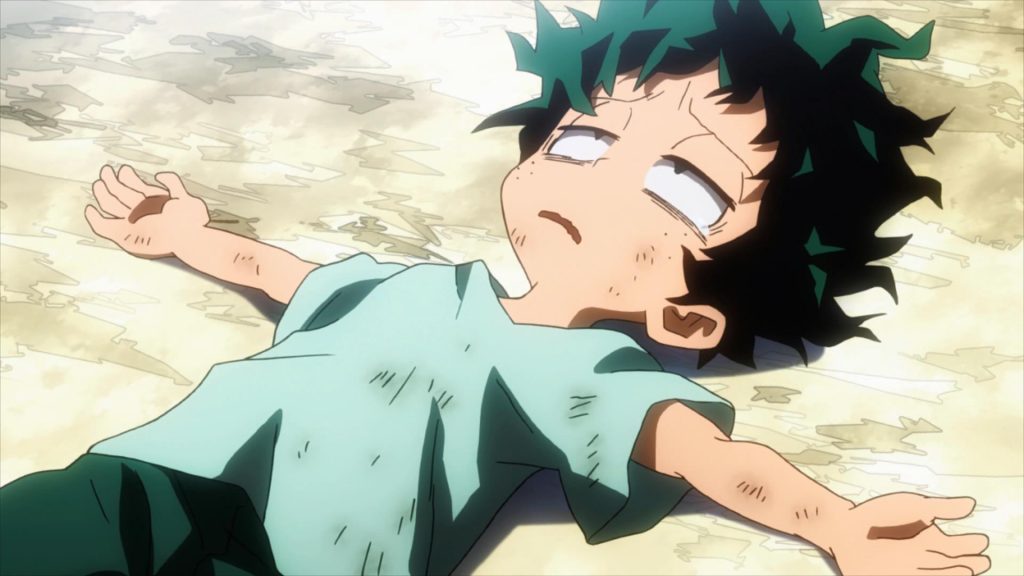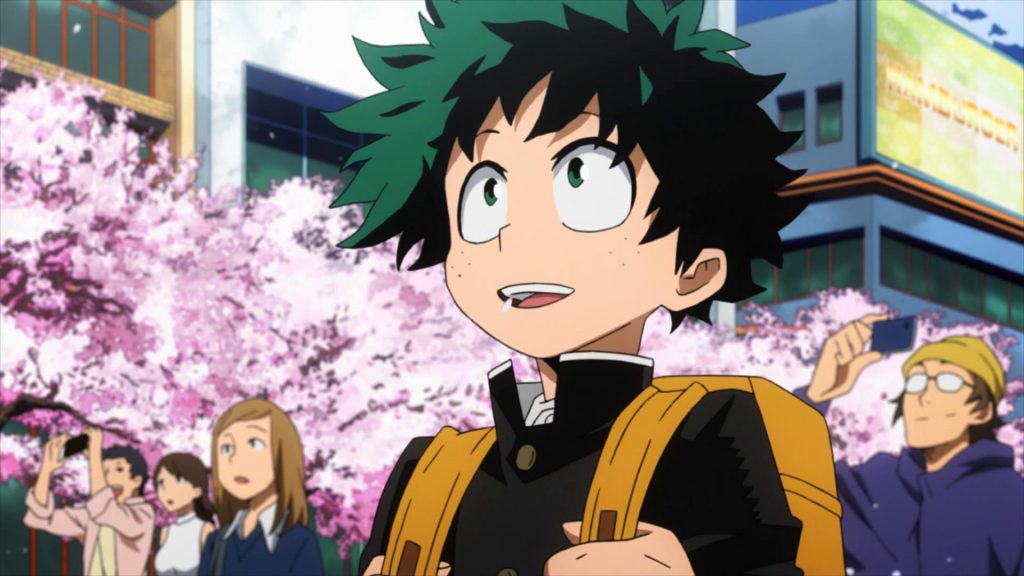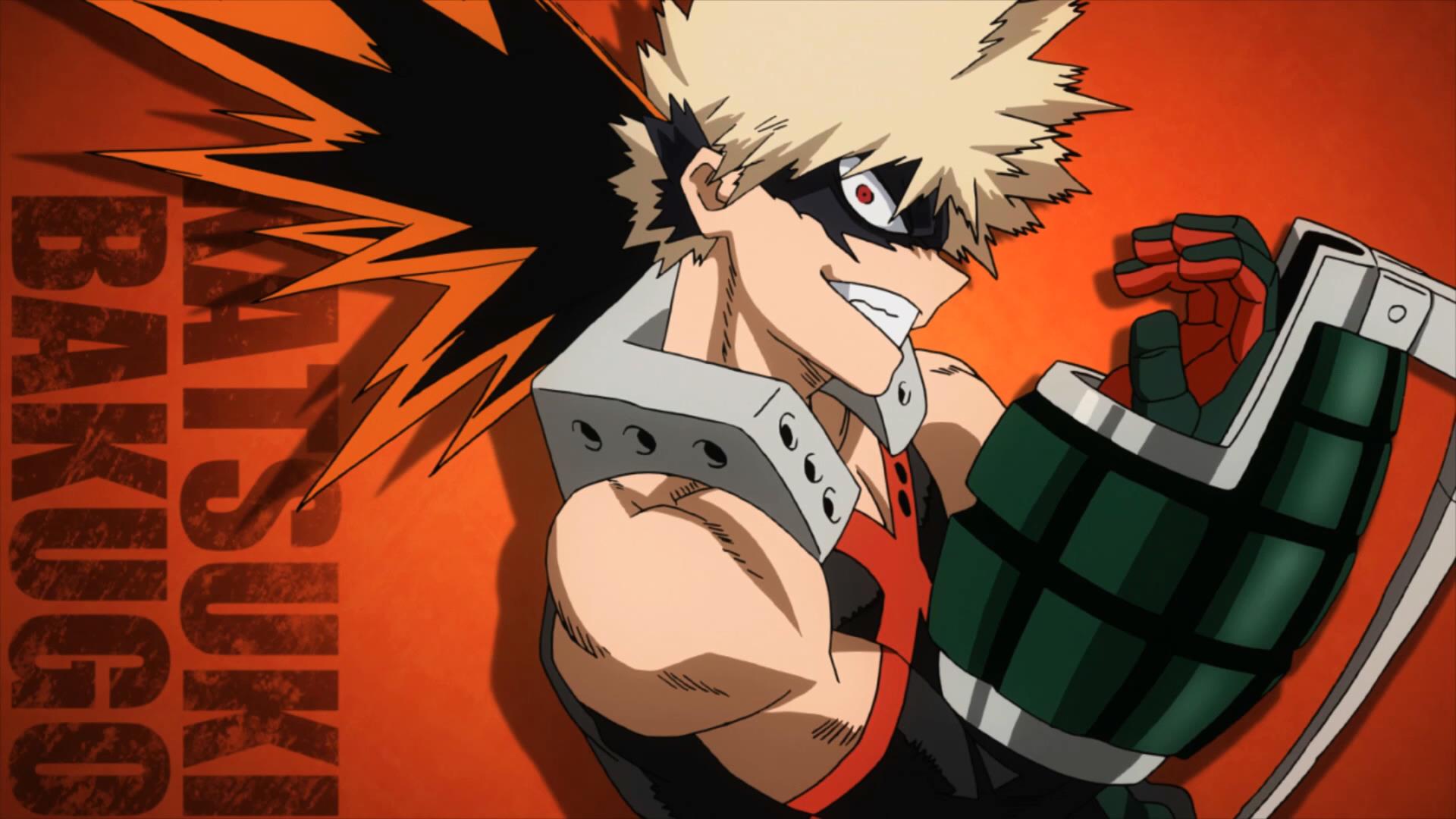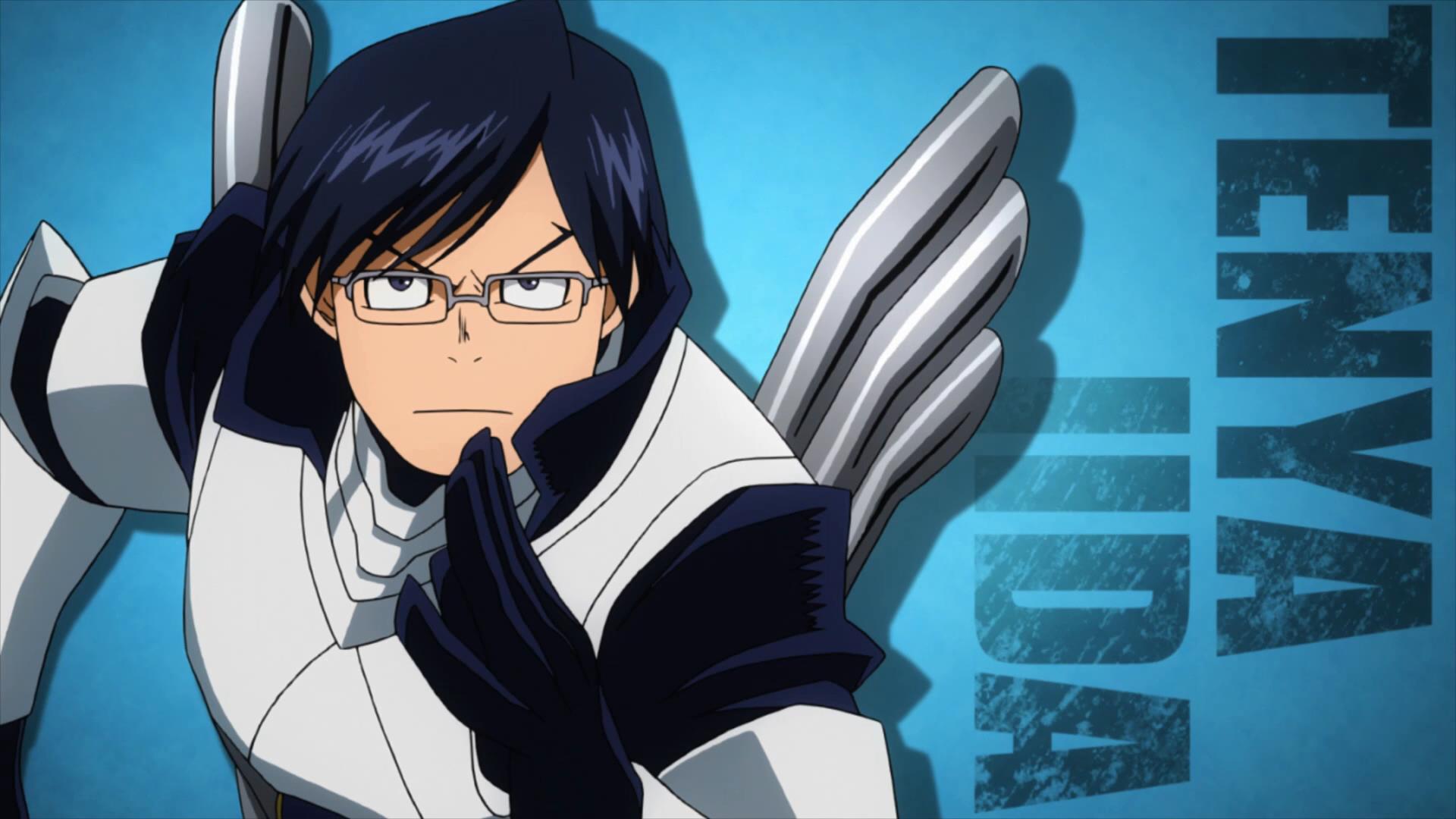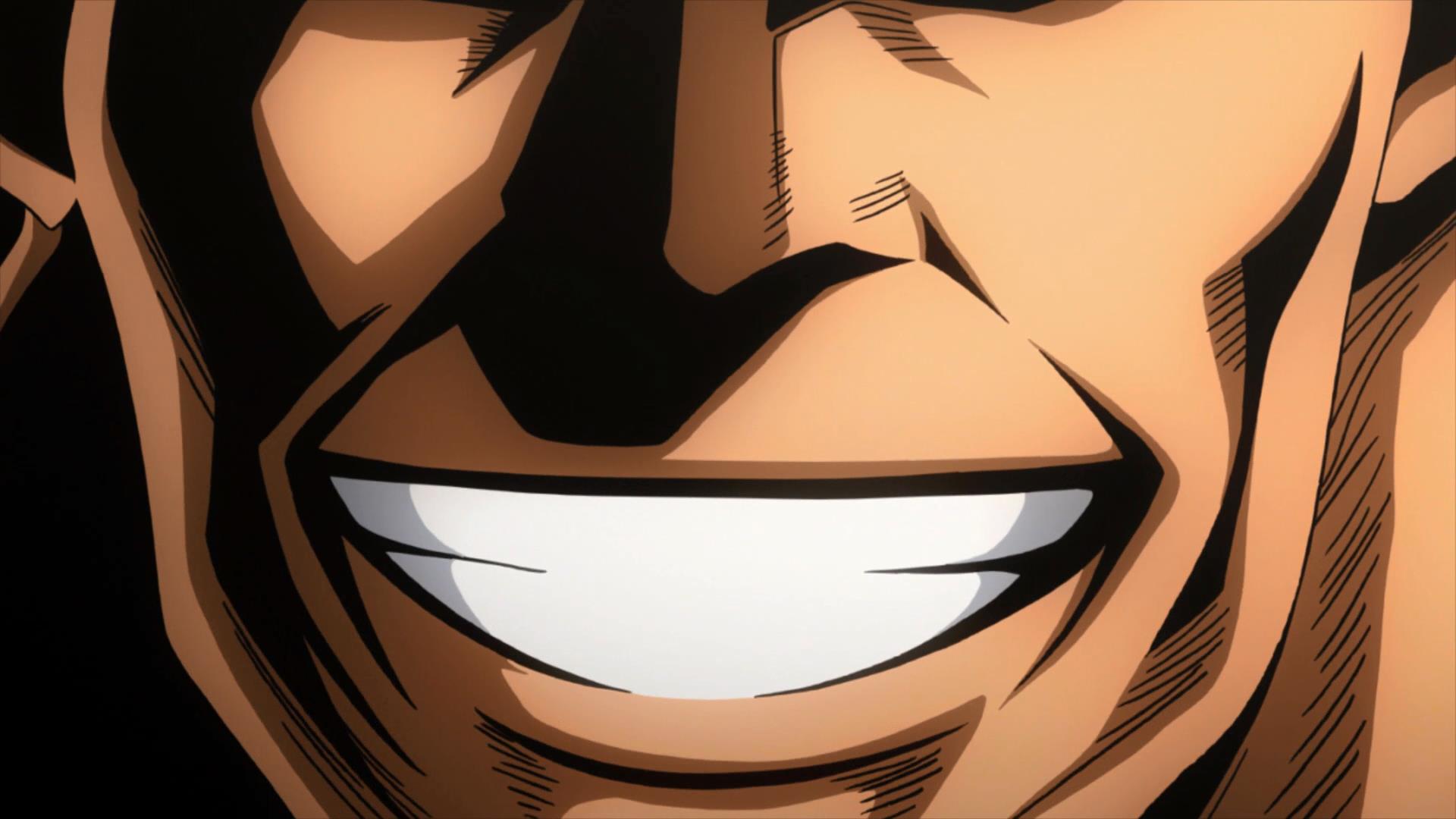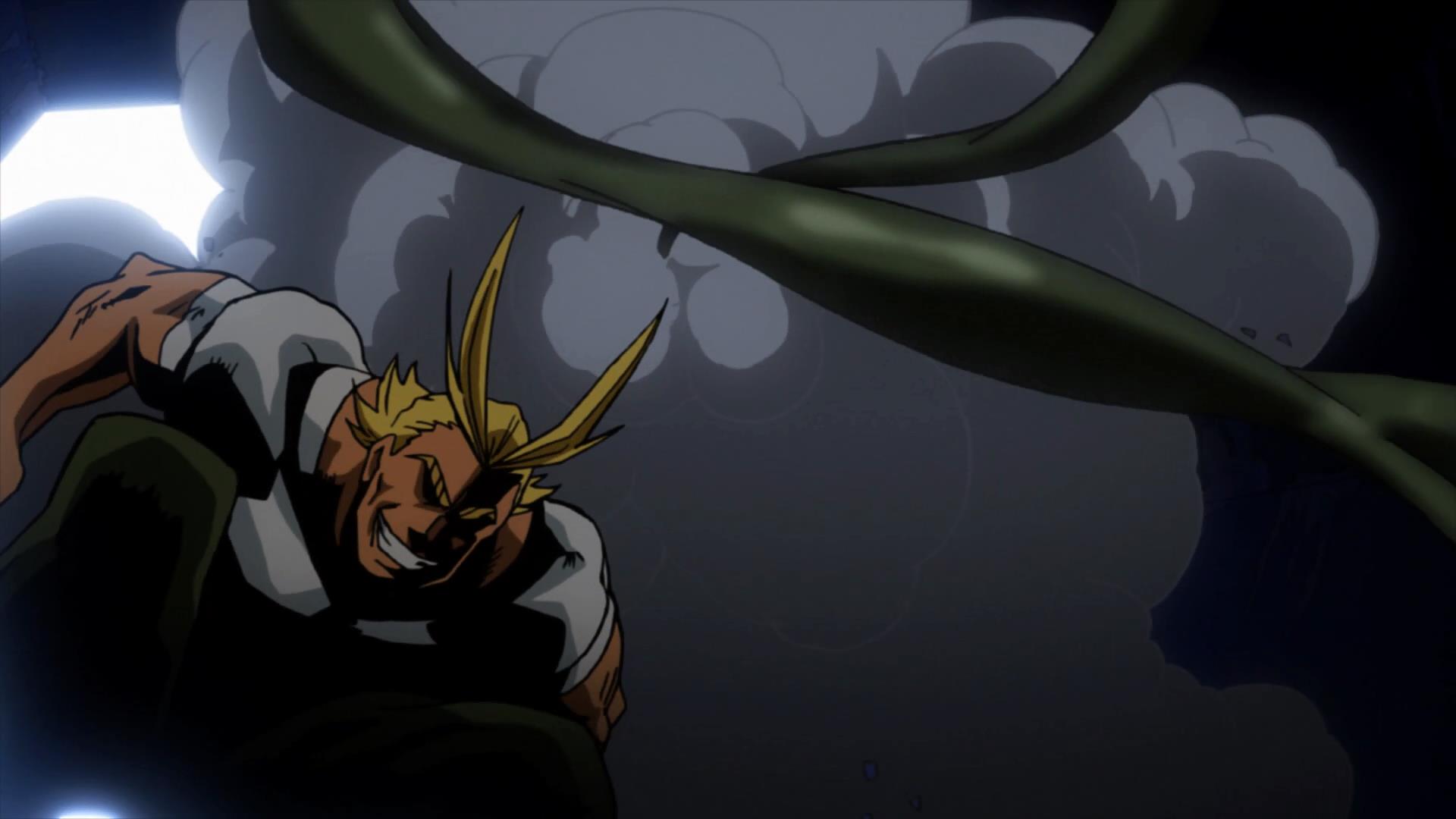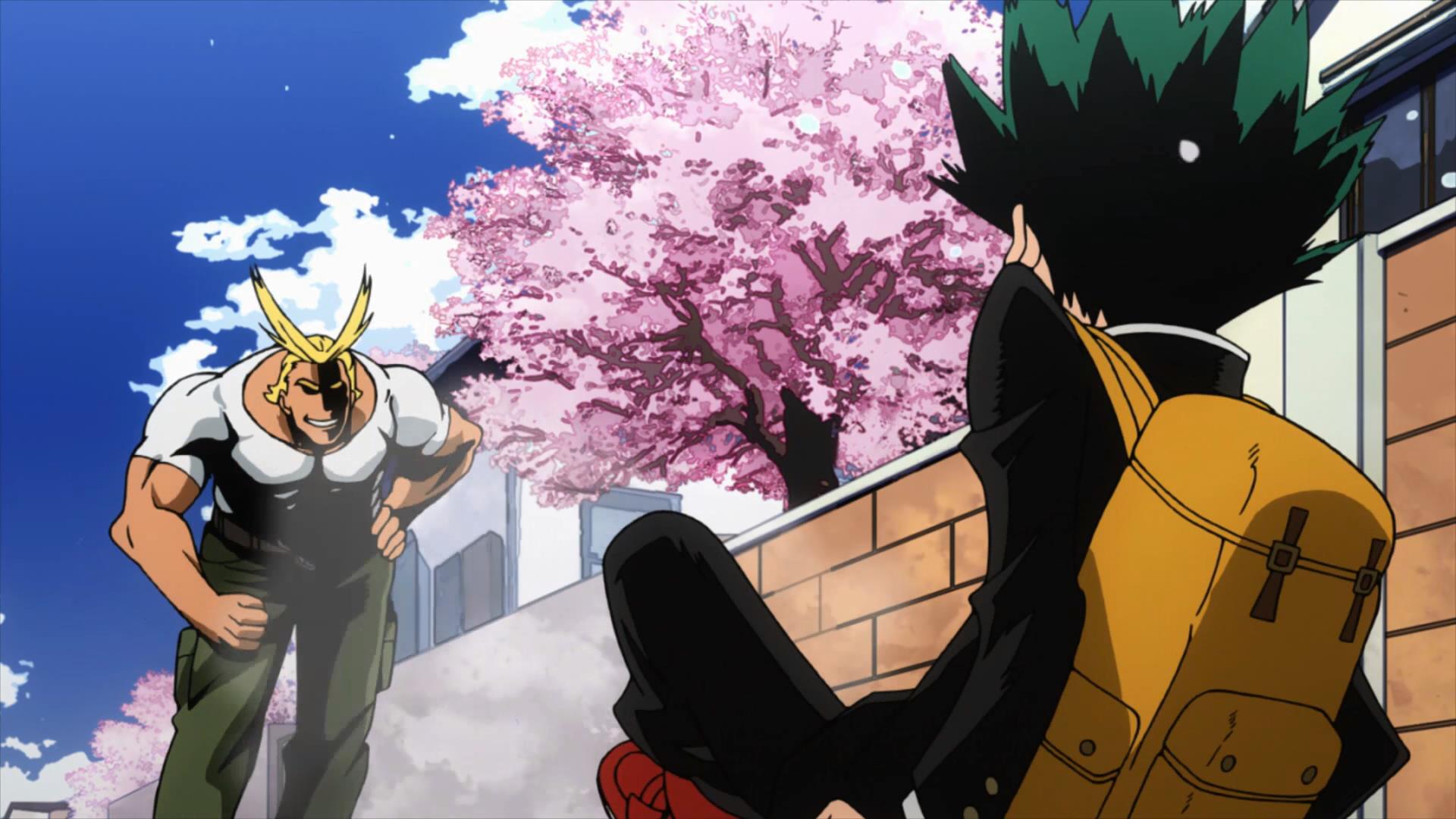Boku no Hero Academia is a manga series written by Kohei Hiroshiki and serialized by the famous Weekly Shounen Jump. Following the start of the manga in 2014, the anime adaptation began airing two years after in 2016 with a one cour run. The anime is produced by the same studio responsible for Fullmetal Alchemist: Brotherhood and Eureka Seven, Studio Bones.
Boku no Hero Academia is a story about how Izuku Midoriya, referred to as Deku by many of his peers, goes from being powerless to becoming the greatest hero in society. In the world of Boku no Hero Academia, super powers, dubbed as quirks, began emerging in newborns until eventually, around 80% of the population had quirks making the quirkless a rarity and a minority. The story of Boku no Hero Academia begins with Deku, a quirkless school kid who dreams of becoming a hero and following in the footsteps of All Might, the current number one hero. After a chance encounter with All Might, Deku is deemed worthy and becomes the successor of All Might, inheriting his quirk called One for All.
The premise of Boku no Hero Academia is clearly one that follows a typical shounen formula. We see that early on in his life, Izuku Midoriya had been bullied and looked down on for being quirkless, a minority in society. With his lack of quirk, he was often teased and bullied by those with quirks, particularly by his childhood friend Katsuki Bakugo who manifested a powerful quirk, Explosion. Deku begins to find confidence and strength in himself when he is given a powerful quirk of his own that requires him to train to use it fully. While the elements of the story are different, the premise is similar to Naruto in a sense. The formula follows the weak outcast who eventually grows stronger through hard work and perseverance. In that sense, the early plot line is predictable and common among shounen anime (read: what is shounen).
![[HorribleSubs] Boku no Hero Academia - 01 [1080p].mkv_snapshot_14.54_[2017.06.22_10.49.57]](https://theanimeguru.com/wp-content/uploads/sites/3/2017/06/horriblesubs-boku-no-hero-academia-01-1080p-mkv_snapshot_14-54_2017-06-22_10-49-57.jpg)
Despite being one with a similar formula, the elements are changed up quite a bit with some quirks being unique and characters slowly developing over time. Despite its similarities to well known and used formulas in terms of plot, it still delivers a shounen series very well. The classic elements that we normally see in shounen are all present which easily explains the appeal that it would have to many. With these elements being used and reused, Boku no Hero Academia manages to take the well known and well loved formula and execute it well. The weakness of the anime however would be its pacing. Because it is based on a long running manga which has the luxury of time, we see Deku’s growth as being relatively slow. With the clearest basis of his growth and development being his newly obtained power, it can feel frustrating to see him struggle to use it even until the end of this season. I do feel however that in the long run, the pacing will feel much better due to the natural course of long running series which tend to take it slow earlier on.
The characterization in the anime is handled very well. The best example I can use is Iida Tenya. In the anime, he maintains his animated character and hyperactivity. We often see him getting excited and passionate over something trivial and I feel that his intensity from the manga was carried over well into the anime. Bakugo is also a clear example of this translation from manga to anime. While his character may seem one dimensional at first, I feel like the anime production did a great job of capturing the subtleties of his character. Aside from the times when he is mostly angry or aggressive, we see Bakugo deep in thought or frustrated with himself. The way they portray his need to overcome Deku and be number one is consistent with my impressions of him from the manga. Understandably, this obsession with defeating Deku may seem boring at first but it is this very same fixation that later explains his drive to be the best. Apart from this, we see a glimpse of his talents and prowess when his fighting shows a clear level of calculation that one would not expect from a hothead like him which I feel is clearly depicted in his movements and expressions during his battles. Aside from both Iida and Bakugo, I feel that many of the characters were given justice and that the ones that needed development earlier on were given a chance to shine during this short one cour run.
In terms of animation, Studio Bones does not disappoint. With the sheer number of quirks, it can be a daunting task to animate each one in a manner that makes it stand out from the rest. The studio does this easily however making each quirk feel well thought out.
Overall, Boku no Hero Academia is a shounen series that is sure to impress fans of the genre. It executes the elements of the genre very well and offers a great set of characters with different aspirations and goals. While the first season does suffer from the one cour run that is so common in anime nowadays, the overarching story is still entertaining. With the release of a two cour second season, its clear that Boku no Hero Academia will continue its anime adaptation for quite some time.
